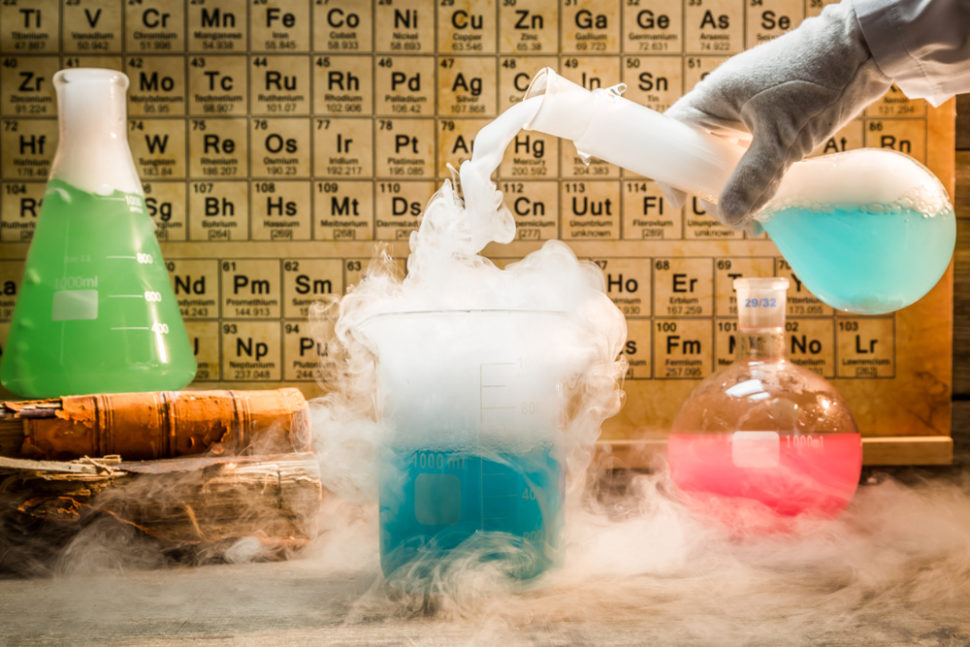The researchers at the University of Cambridge have created an algorithm that can predict the outcomes of complex chemical reactions with over 90 percent accuracy. Using the algorithm, scientists can conveniently make target compounds, leading to a potential breakthrough in drug discovery.
Chemists have always had a problem combining simple building blocks into complicated organic molecules. That’s because these building blocks often react in unexpected ways.
In the words of the study’s lead author and researcher from Cavendish Laboratory, Dr. Alpha Lee:
“Making molecules is often described as an art realized with trial-and-error experimentation because our understanding of chemical reactivity is far from complete.”
However, machine learning algorithms have an advantage over the chemist — they can identify patterns of reactivity from millions of published chemical reactions.
Lee and his colleagues developed an algorithm that does just that. After training the model on millions of reactions published in patents, it could recognize how chemicals in molecule groups react.
Chemical Reactions Prediction as a Machine Translation Problem
By handling chemical reaction prediction as a machine translation problem, the model was able to produce more accurate results.
Think of the reacting molecules as a language, and the product as another language. In this case, the model uses patterns in the texts to learn how to translate between the two languages.
Thanks to this approach, the model could predict the correct product of unseen chemical reactions with 90 percent accuracy. Meanwhile, a trained human chemist’s prediction is only 80 percent accuracy.
Not only is the model accurate enough to detect errors in the data, but it could also predict a plethora of complicated reactions. And when it’s unsure about a result, the model produces an uncertainty score to eliminate incorrect predictions with 89 percent accuracy.
Experiments can be time-consuming and expensive. As such, accurate predictions are necessary to avoid pursuing an experimental pathway that’ll ultimately fail.
Breakthrough in Drug Discovery
For the second part of the study, Lee and colleagues teamed up with biopharmaceutical giant, Pfizer to demonstrate the potential of this method of drug discovery.
The researchers showed that the model had not only learned the rules of chemistry, but it can also apply it to drug discovery settings. In this way, it can predict sequences of reactions that would lead to the desired product.
Also, it provides chemists with a blueprint of where to begin, therefore reducing the time spent on preclinical drug discovery.
Lee, who’s also a Research Fellow at St. Catharine’s College, explained:
“Our platform is like a GPS for chemistry. It informs chemists whether a reaction is a go or a no-go and how to navigate reaction routes to make a new molecule.”
The researchers are currently working on extracting chemical insights from the model. They are hoping the AI can help them understand what it has learned that humans have not.



















Comments (0)
Most Recent